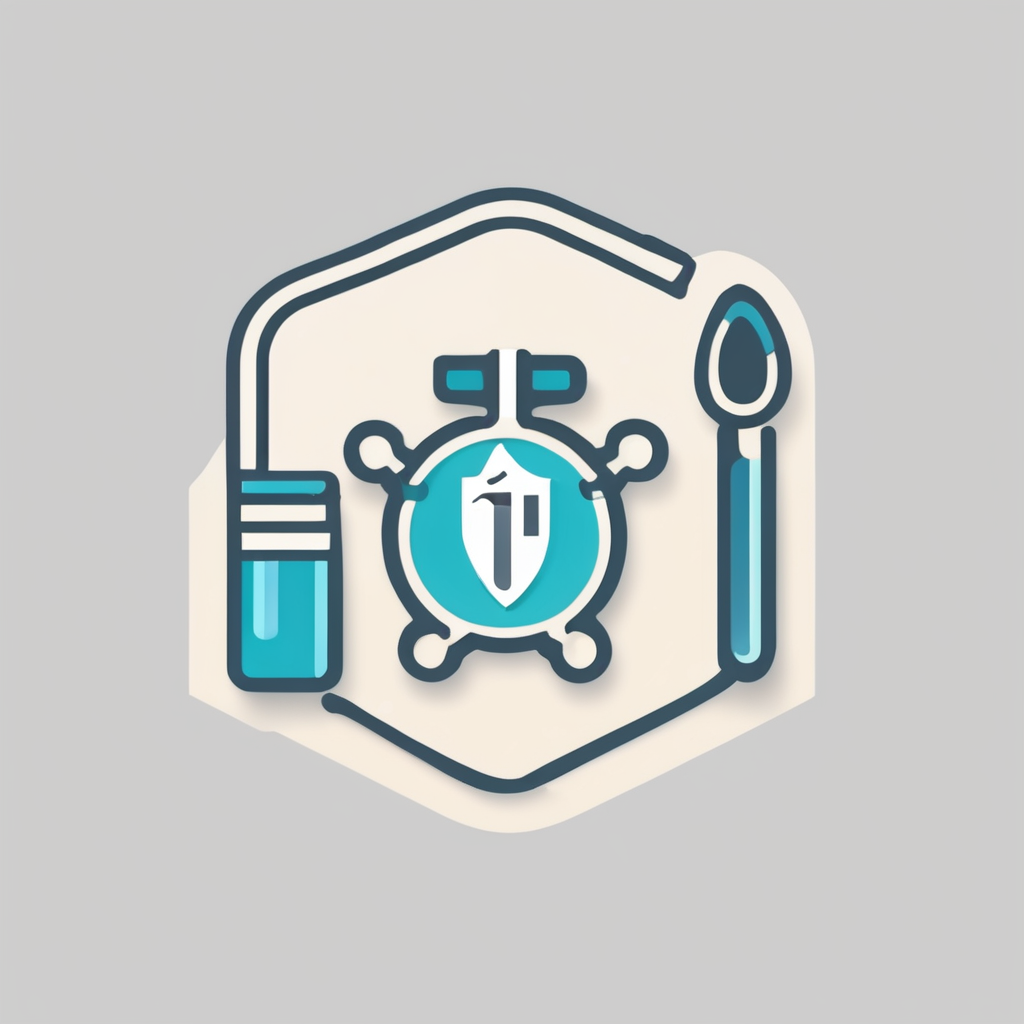Primary methods for staying updated on global healthcare trends
Keeping pace with global healthcare trends is essential for UK health professionals aiming to deliver cutting-edge care. One primary method is regular participation in international conferences and seminars. These events provide direct exposure to the latest research, innovations, and policy discussions while allowing face-to-face interaction with global experts. Attending such gatherings sharpens understanding of emerging trends and best practices.
Engagement with online medical journals and publications is another vital approach. Many UK health professionals rely on reputable digital platforms offering peer-reviewed articles and timely updates. This method supports continuous learning without geographical constraints, enabling practitioners to integrate new findings swiftly into their work.
Have you seen this : How Do UK Health Professionals Adapt to Emerging Health Trends?
Active involvement in professional healthcare networks also helps UK health professionals stay informed. These networks facilitate knowledge sharing, mentorship, and collaborative problem-solving with peers worldwide. Through forums, webinars, and newsletters, members gain insights into practical applications of global healthcare trends.
By combining these methods—conferences, publications, and networks—healthcare practitioners ensure they remain well-informed and ready to adapt, ultimately improving patient outcomes and contributing to the global exchange of healthcare expertise.
Additional reading : How Can Health Professionals in the UK Adapt to New Wellness Trends?
Key resources and credible organisations
Reliable healthcare information depends on consulting credible healthcare sources such as the BMJ, WHO, and NHS. These institutions provide regularly updated, evidence-based guidance crucial for accurate healthcare decisions. For instance, the WHO offers global health updates and protocols, while the NHS focuses on UK-specific public health advice validated by experts. The BMJ publishes peer-reviewed research, ensuring access to the latest clinical evidence.
Membership in UK and international professional bodies enhances a practitioner’s access to quality information. These organisations maintain rigorous standards and provide members with up-to-date resources, workshops, and best practice guidelines tailored to evolving healthcare demands.
Moreover, digital libraries and online platforms offer expansive medical databases. Access to these resources allows clinicians and researchers to retrieve journals, clinical trial results, and systematic reviews efficiently. Platforms affiliated with these professional bodies often include specialized search tools and filters for precision, supporting evidence-based practice.
By prioritizing these credible healthcare sources and organisations, healthcare professionals can confidently navigate the complexities of modern medicine, ensuring care is rooted in the most current and reliable information.
Role of professional collaboration and networking
Building strong professional networking connections is essential for healthcare professionals aiming to advance their expertise. Engaging in international collaboration offers unique opportunities to join collaborative research projects with overseas counterparts. These projects allow healthcare professionals to combine diverse skills and perspectives, leading to more innovative solutions and improved patient outcomes.
Peer-sharing plays a critical part in this process. By participating in specialist workshops or webinars, professionals can exchange cutting-edge knowledge and practical experiences. These forums foster continuous learning and enable healthcare professionals to stay updated on global best practices.
Furthermore, attending global healthcare forums and professional exchanges expands the scope of professional networking. It helps professionals forge valuable relationships, discover new methodologies, and benchmark against international standards. The value of these interactions lies not only in knowledge but also in cultivating a collaborative mindset critical for addressing complex healthcare challenges worldwide.
Overall, embracing international collaboration and actively participating in networking events cultivates a rich environment of shared expertise, enhancing healthcare professionals’ capabilities on a global scale.
Challenges in keeping up with international developments
Staying current with global healthcare update challenges is a complex task faced by many professionals. One major hurdle is the sheer volume of information produced daily. Time constraints often limit the ability to thoroughly read and analyze research from various countries. This overload can cause critical updates to be missed or misunderstood.
Financial barriers add another layer of difficulty. Access to high-quality databases or journals often requires costly subscriptions, limiting availability for many practitioners and institutions. This restricts opportunities to learn from international research, impacting the quality of care.
Language differences further complicate access to global findings. Important studies published in languages other than English may be overlooked or misinterpreted, especially when translations are unavailable or inaccurate. Moreover, healthcare regulations and standards vary significantly between regions, making it challenging to apply international research directly to local contexts.
These challenges in healthcare necessitate solutions that improve accessibility and understanding, such as multilingual platforms and affordable resource sharing. Addressing these barriers can empower professionals to stay better informed and provide the highest quality care based on worldwide advancements.
Importance of global awareness for advancing UK healthcare
Staying informed about global healthcare trends plays a crucial role in UK healthcare improvement. By monitoring advancements worldwide, clinicians and policymakers can adopt international best practices that have proven effective elsewhere. This approach directly influences clinical practice, leading to enhanced patient outcomes through evidence-based innovations.
Moreover, the importance of staying informed extends beyond adopting current solutions. Awareness of global developments equips the UK healthcare system to anticipate and efficiently respond to emerging challenges, such as new diseases or technological shifts. By learning from other countries’ experiences, the UK can implement preventative strategies that reduce risks and improve overall healthcare resilience.
Global insights also drive innovation by inspiring novel approaches tailored to the UK’s unique context. For example, data sharing and collaborative research with international partners foster breakthroughs in treatment options and healthcare delivery models. Prioritizing the global impact on healthcare means the UK remains at the forefront of medical evolution, ensuring its population benefits from the most advanced care available.
In summary, embracing global awareness is fundamental to advancing UK healthcare, securing better patient outcomes, and sustaining long-term preparedness for future health challenges.
